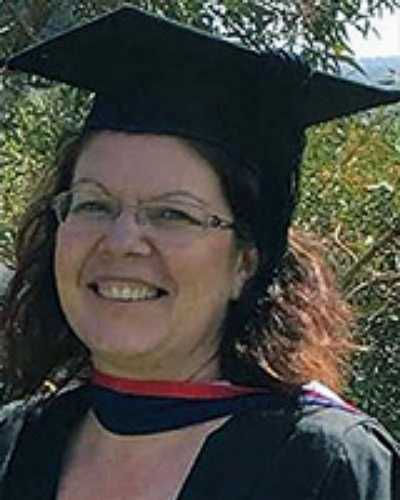Abstract
Introduction: It is now 25 years since the Riverland health service began its partnership with Flinders University to create the Parallel Rural Community Curriculum (PRCC) in rural South Australia. What started as a workforce program quickly became a successful disruptive technology for broader pedagogy in medical education. Despite more graduates of the PRCC choosing rural practice compared with their urban rotation-based colleagues, local medical workforce crises have persisted.
Methods: In February 2021, the Local Health Network decided to implement the National Rural Generalist Pathway in its local region. It created the Riverland Academy of Clinical Excellence (RACE) as its vehicle for taking responsibility for training its own health professional workforce.
Results: RACE has increased the region’s medical workforce by over 20% in 1 year. It gained accreditation as a provider of junior doctor and advanced skills training and recruited five interns (all of whom had previously undertaken 1-year rural clinical school placements), six second year and above doctors, and four advanced skills registrars. RACE has linked with GPEx Rural Generalist registrars and formed a Public Health Unit from those registrars who also have MPH qualifications. RACE and Flinders University are expanding teaching facilities in the region and enabling medical students to complete their MD in the region.
Discussion: Health services can facilitate vertical integration of rural medical education, supporting a full pathway to rural practice. Providing length of training contracts is proving attractive for junior doctors who are interested in establishing a rural home base for their training.
You might also be interested in:
2022 - Medical students’ experiences of compulsory rural service in Guatemala: a qualitative study
2015 - Portable power supply options for positive airway pressure devices



